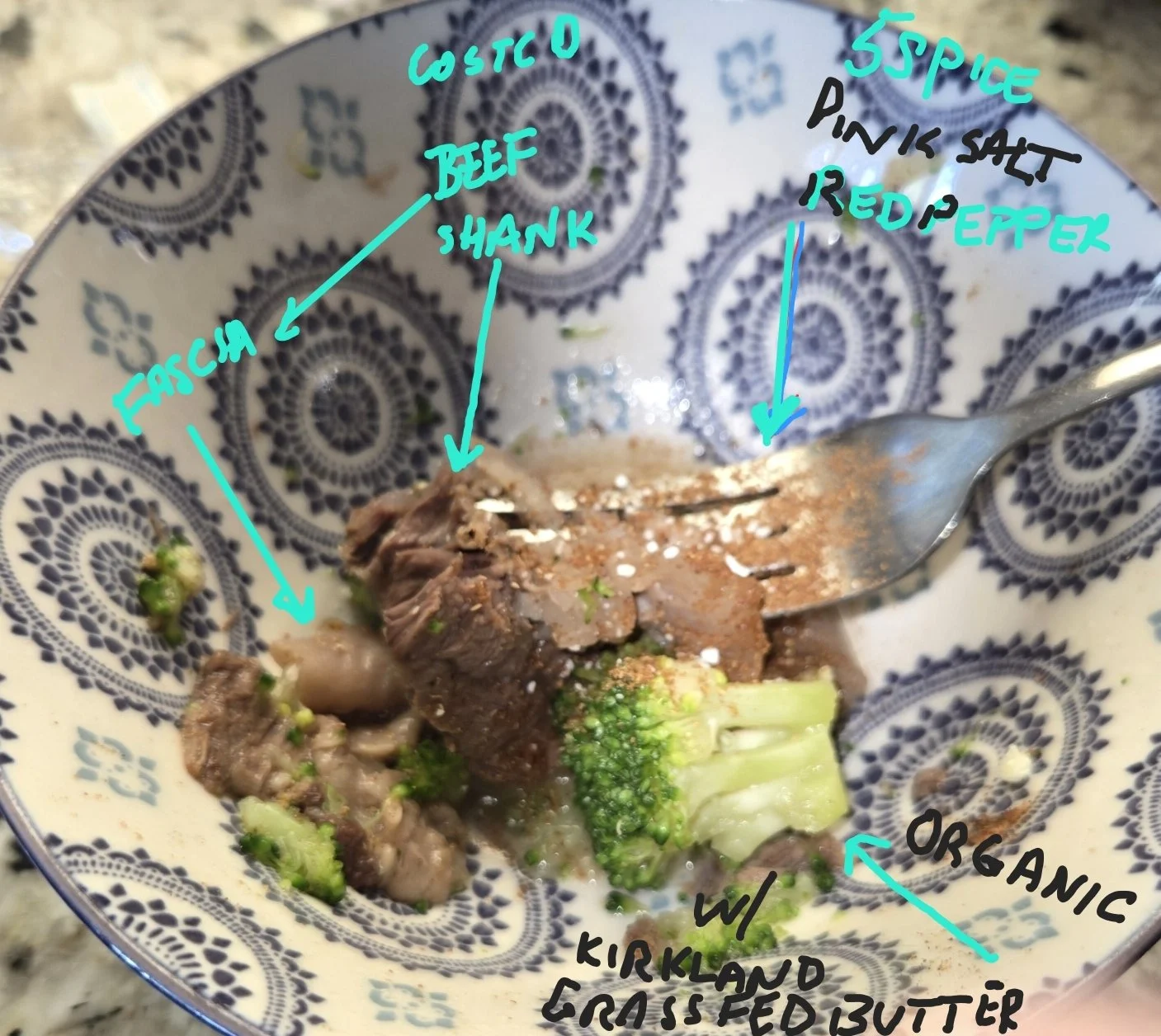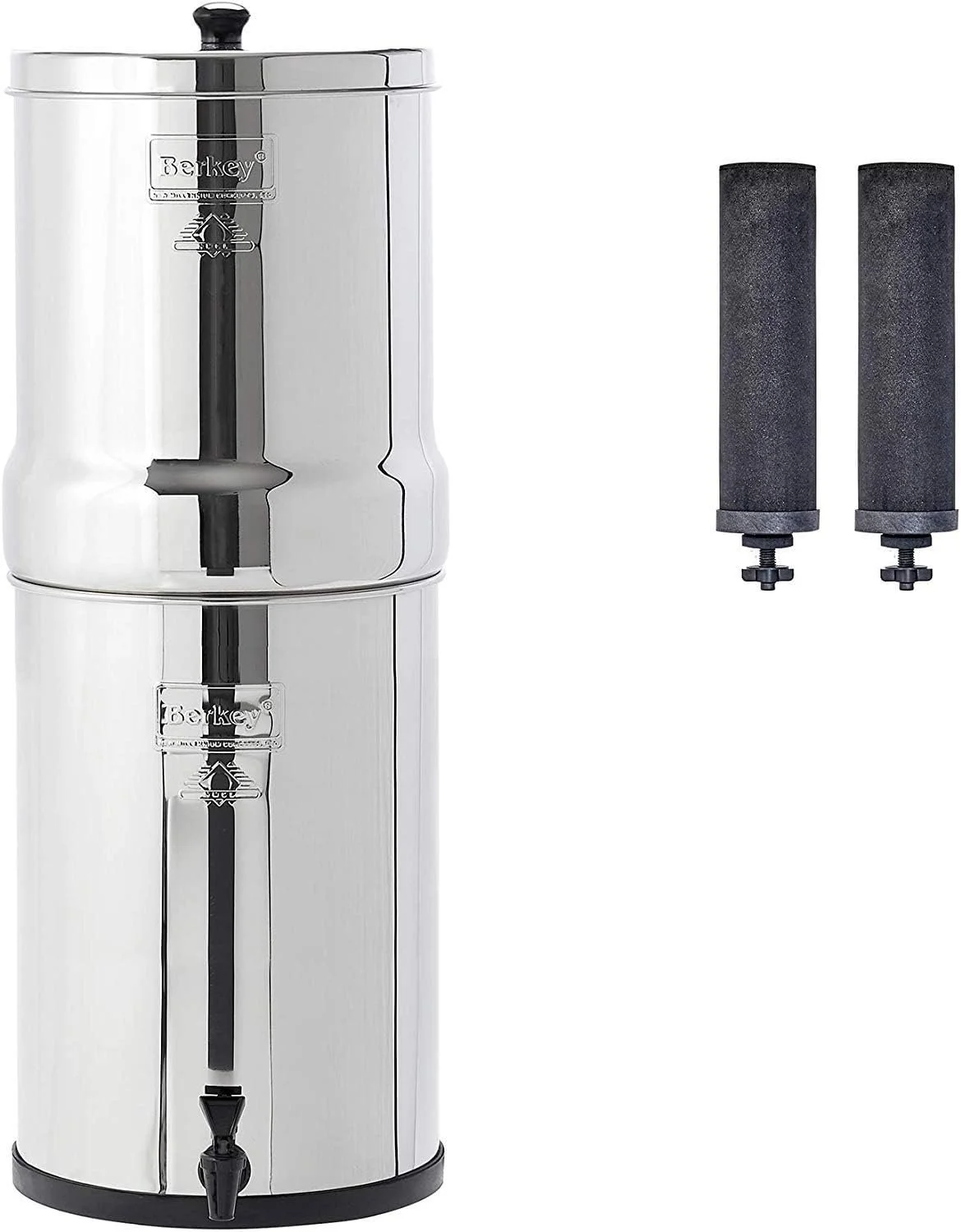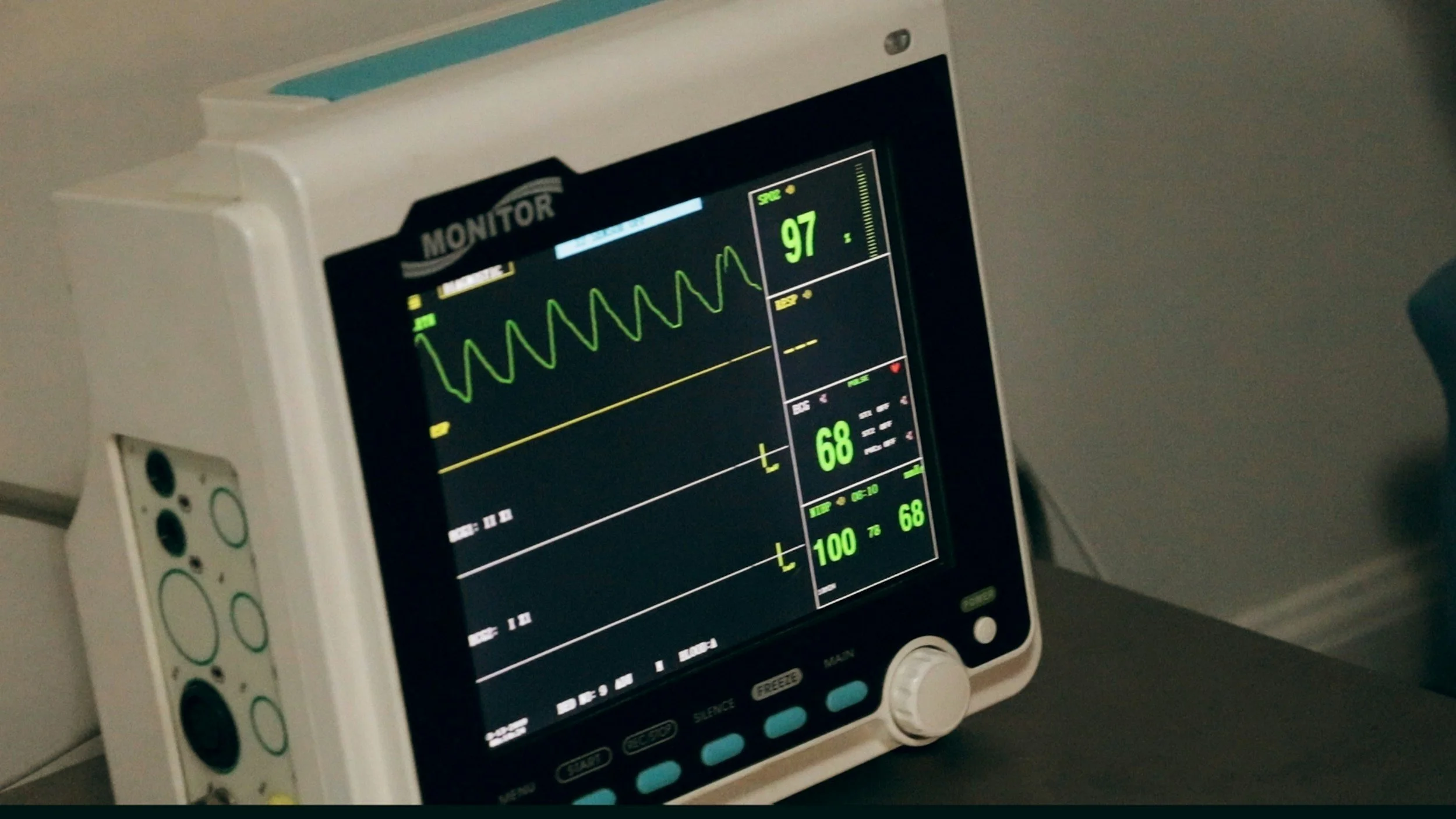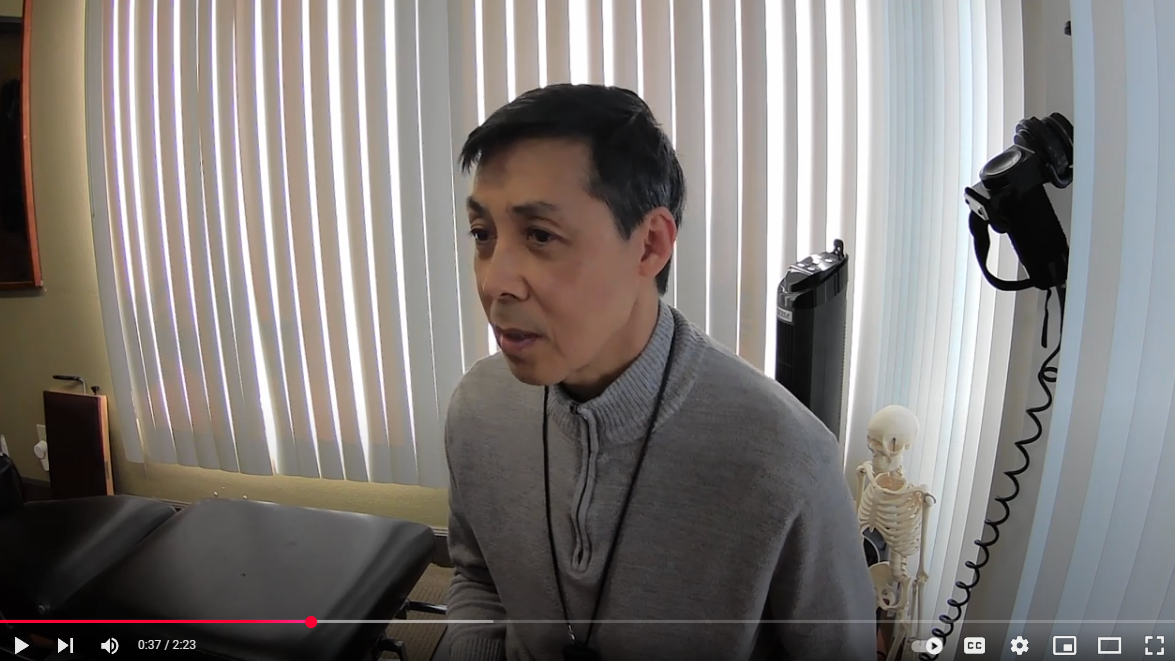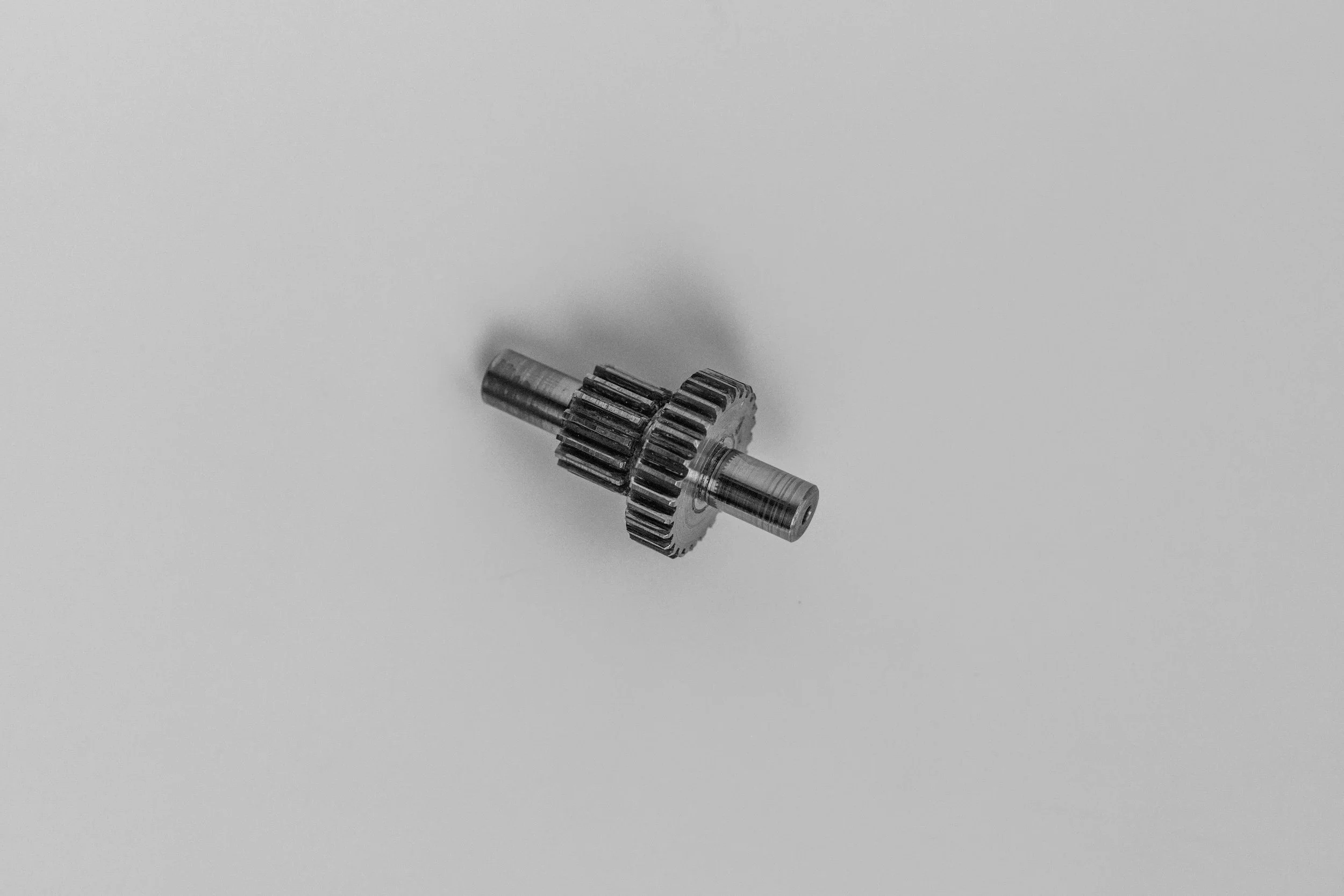Balance Your Vagus Nerve, Increase Vitality, Reduce Disease
/Abstract
The parasympathetic system, and primarily the vagus nerve, informs the brain about multiple signals and returns the body to homeostasis. Recent studies have shown that vagal nerve activity independently predicts prognosis in cancer. Here, we take this one step further and show that when vagal nerve activity is high, cancer stage no longer predicts tumor burden. We examined whether vagal nerve activity, indexed by Heart Rate Variability (HRV) (We can measure this at my office), moderated the effects of initial tumor stage on tumor burden at followup. Patients' HRVs were derived from ECGs near diagnosis in colorectal cancer (CRC) and in prostate cancer (PC) patients. Outcomes included the tumor markers carcinoembryonic antigen (CEA) at 12 months for CRC and prostate-specific antigen (PSA) at 6 months for PC. As would be expected, initially advanced tumor stages of CRC or PC predicted higher tumor marker levels at follow-up than did early stages. However, this occurred only in patients with low, not high, vagal activity (HRV). Furthermore, in patients with advanced tumor stage at diagnosis, high HRV predicted lower tumor marker levels than did low HRV, in both cancers. Estimating a cancer patient's prognosis by determining his tumor stage needs to also consider the vagal nerve activity. This activity is easily measurable, and it determines in which subjects the tumor stage is prognostic. Importantly, higher vagal activity may even protect against the adverse effects of advanced cancer stage. These findings, observed in two distinct cancers, support the hypothesized neuroimmunomodulatory effects of vagal nerve activity on tumors.
More info on other powerful Health benifits




